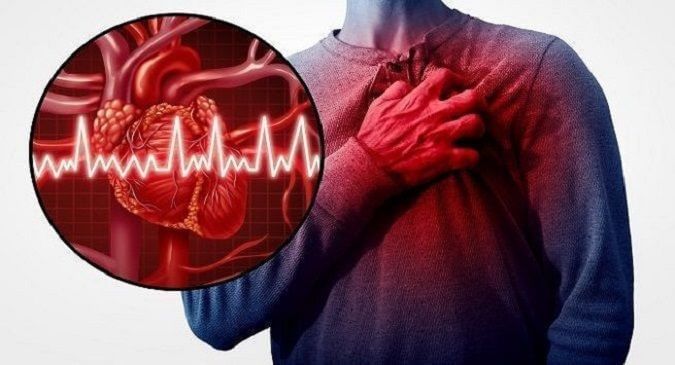Drinking coffee may reduce dementia risk: study
Fri 10 Mar 2017, 12:15:09

Your daily cup of tea or coffee may help keep dementia at bay, say scientists who have identified 24 compounds - including caffeine - that boost an enzyme known to reduce the risk of the brain disorder.
Researchers from Indiana University in the US screened over 1,280 compounds of which a total of 24 compounds were identified as having potential to increase the production of NMNAT2 - an enzyme in the brain.
An earlier study had found that NMNAT2, plays two roles in the brain - a protective function to guard neurons from stress and a "chaperone function" to combat misfolded proteins called tau, which accumulate in the brain as "plaques" due to ageing.Misfolded proteins have been linked to neurodegenerative disorders such as Alzheimer's, Parkinson's and Huntington's diseases, as well as amyotrophic lateral sclerosis, also known as ALS or Lou Gehrig's disease, researchers said.
"This work could help advance efforts to develop drugs that increase levels of this enzyme in the brain, creating a chemical 'blockade' against the debilitating effects of neurodegenerative disorders," said Hui-Chen Lu from Indianna University.
One of the substances shown to increase production of the enzyme was
caffeine, which has also been shown to improve memory function in mice genetically modified to produce high levels of misfolded tau proteins.
caffeine, which has also been shown to improve memory function in mice genetically modified to produce high levels of misfolded tau proteins.
The study found that mice altered to produce misfolded tau also produced lower levels of NMNAT2. Researchers administered caffeine to mice modified to produce lower levels of NMNAT2. As a result, the mice began to produce the same levels of the enzyme as normal mice.
Another compound found to strongly boost NMNAT2 production in the brain was rolipram, an "orphaned drug" whose development as an antidepressant was discontinued in the mid-1990s.Other compounds shown to increase the production of NMNAT2 in the brain were ziprasidone, cantharidin, wortmannin and retinoic acid, researchers said. Researchers also identified an additional 13 compounds having the potential to lower the production of NMNAT2.
"Increasing our knowledge about the pathways in the brain that appear to naturally cause the decline of this necessary protein is equally as important as identifying compounds that could play a role in future treatment of these debilitating mental disorders," Lu said.
The study was published in the journal Scientific Reports.
No Comments For This Post, Be first to write a Comment.
Most viewed from Health
AIMIM News
Latest Urdu News
Most Viewed
May 26, 2020
Is it right to exclude Bangladesh from the T20 World Cup?
Latest Videos View All
Like Us
Home
About Us
Advertise With Us
All Polls
Epaper Archives
Privacy Policy
Contact Us
Download Etemaad App
© 2026 Etemaad Daily News, All Rights Reserved.

























.jpg)
.jpg)
.jpg)


